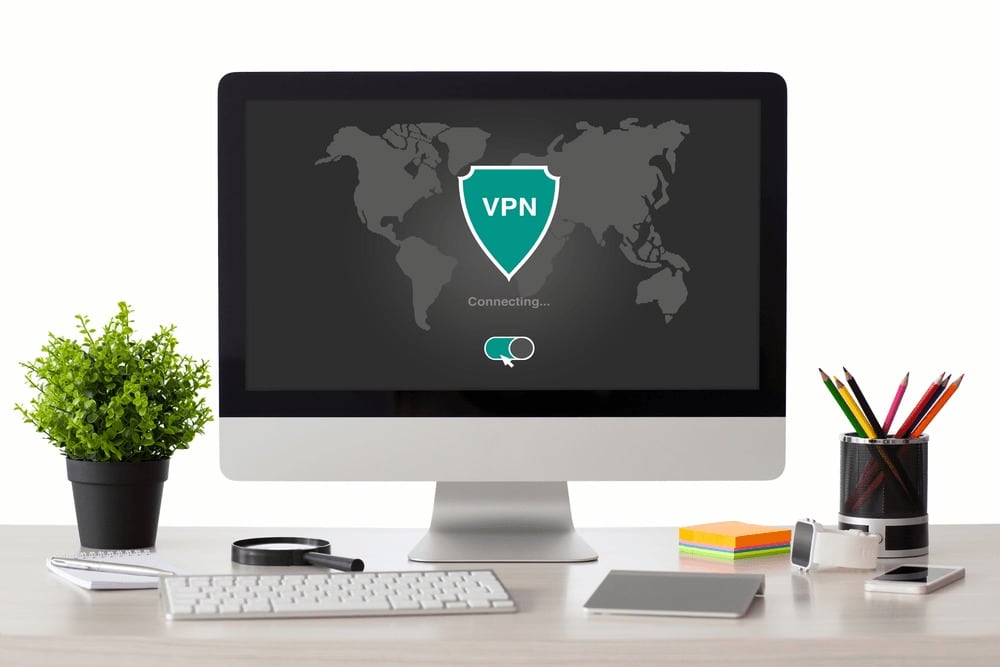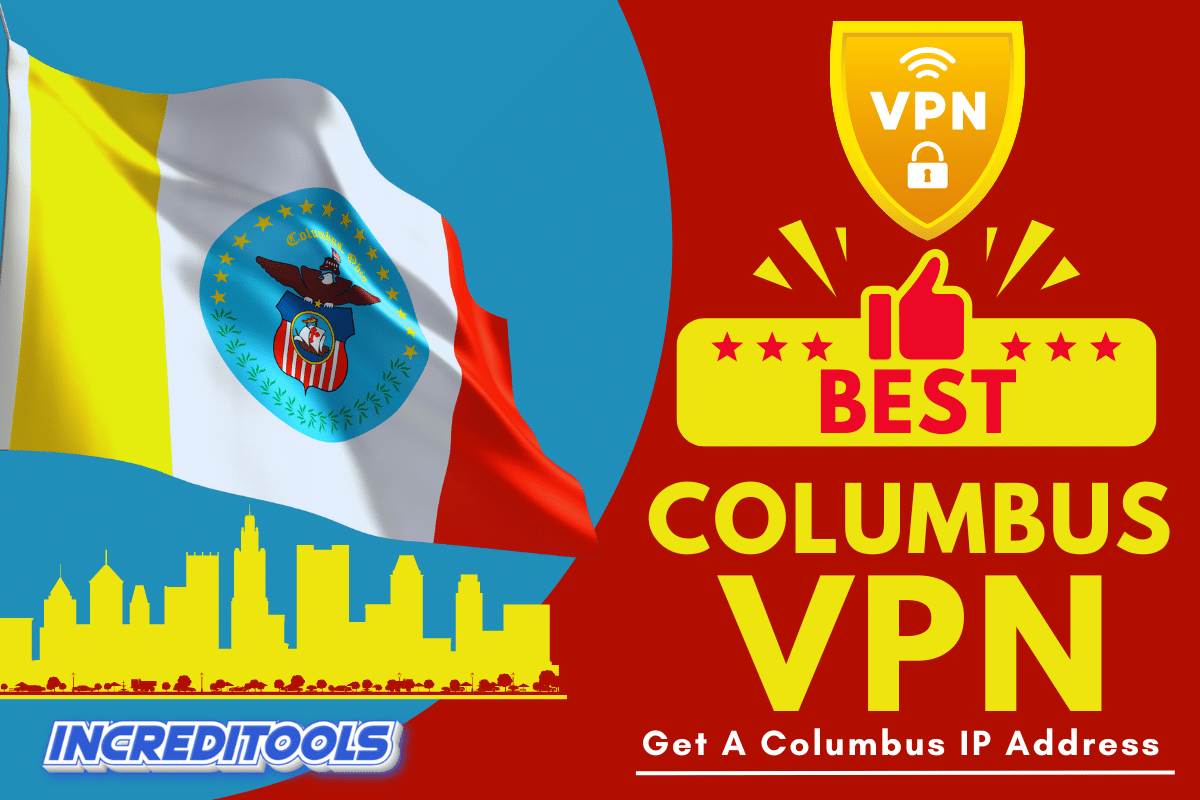Hey there! As more services and websites transition to the newer IPv6 internet protocol, having a reliable source for IPv6 proxies is becoming crucial. But with so many proxy providers out there, how do you pick the right one?
In this guide, I‘ll share my research on the top 6 sites to buy IPv6 proxies in 2023. I‘ve compared their locations, speeds, pricing, and key features to help you decide which provider best fits your needs.
Let‘s dive in!
Why You Need IPv6 Proxies
First, a quick overview on why IPv6 proxies are gaining popularity:
- Enhanced functionality – IPv6 offers improvements in areas like security, configuration, and network efficiency.
- Better performance – IPv6 networks see faster connection speeds and lower latency.
- Support for modern tech – Newer technologies like IoT devices predominantly use IPv6.
- Growing adoption – As of 2022, global IPv6 adoption sits around 29%, up from under 1% in 2012 (Source). Major websites and networks are transitioning.
So as more of the internet shifts to IPv6, you need proxies that work with these modern networks and protocols. Now let‘s look at the top providers available in 2023.
1. Oxylabs
Oxylabs has one of the largest pools of residential and datacenter proxies supporting IPv6. Here are the key features:
- 1+ million IPv4 and IPv6 proxies available through residential and datacenter sources.
- Proxies in 195+ countries and cities worldwide.
- 99.99% guaranteed uptime on all proxy packages.
- Advanced proxy management dashboard and API for automation.
- 24/7 customer support via live chat and email.
Oxylabs has one of the largest selections of IPv6 proxies currently available, sourced through millions of residential IPs as well as dedicated datacenter proxies. This enormous pool offers the geographic diversity required to access IPv6 websites and services globally.
Their proxies are optimized for speed, with residential proxies averaging 1,000 mbps and datacenter proxies up to 10 gbps. Whether you need blazing fast residential IPs or ultra high-speed datacenter proxies, Oxylabs has you covered.
Packages start from $500 per month, with discounts available for annual subscriptions. For large-scale web scraping and harvesting projects, be sure to inquire about volume pricing.
Pros
- Huge pool of fast residential and datacenter proxies
- Worldwide location coverage
- Guaranteed reliability
Cons
- Can be costlier for smaller projects
- No free trial period
2. GeoSurf
If you‘re looking specifically for IPv6 residential proxies optimized for web scraping, GeoSurf is a great pick. Here‘s an overview:
- Over 20 million IPv6 residential proxies available.
- Proxies in every city and town in the US and Europe.
- Automatically rotating proxies prevent blocks.
- Integrates seamlessly with Scrapingtools like Selenium and Puppeteer.
- Plans start at $300 per month for 1 million proxies.
GeoSurf operates one of the largest pools of IPv6 residential proxies, with over 20 million IPs available. The sheer scale of their network means you‘ll never run out of new IPv6 addresses for scraping and harvesting data.
For businesses relying on web scraping, having diverse residential IPs that rotate automatically is crucial for avoiding blocks. GeoSurf‘sproxies provide the IP diversity and automation needed to scrape sites successfully.
With complete US and European coverage, their proxies work well for targeting localized sites and services. Packages start from $300 per month for 1 million IPs, with additional locations and protocols available.
Pros
- Smooth web scraping with 20+ million rotating residential IPs
- Complete US and European proxy coverage
- Residential IPs avoid blocks
Cons
- More limited worldwide proxy locations
- Can‘t trial for free
3. Luminati
Luminati boasts one of the world‘s largest proxy networks – here‘s an overview:
- Over 40 million residential IPs available globally.
- IPs in every country worldwide, including hard-to-reach areas.
- Custom plans for web scraping, brand protection, ad verification, etc.
- Blazing 1,000 mbps connection speeds.
- 7-day free trial available.
With one of the largest pools of residential proxies out there, Luminati is a great one-stop shop for all your IPv6 proxy needs.
Over 70% of their 40+ million residential IP network supports IPv6. This vast selection of IPs gives you endless options to access IPv6 websites and services from every corner of the globe.
Luminati really shines when it comes to speed. Their residential proxies average a blazing fast 1,000 mbps, which improves scraping performance significantly. Slow proxies waste time – Luminati‘s network eliminates this pain point.
Pricing starts at $500 per month for 1 million requests, with discounts for annual pre-paid plans. For short-term testing, a 7-day free trial is available which is an amazing perk.
Pros
- 40+ million ultra-fast residential IPs worldwide
- Free trial to test the network
- Usage-based pricing model
Cons
- Can get costly for large projects
- Required minimum monthly commitment
4. Smartproxy
For an affordable IPv6 residential proxy option, Smartproxy is a great choice:
- Over 40 million residential IPs in 195 countries.
- Supports all major proxy protocols incl. IPv6.
- Automatic rotating proxy IPs.
- Integrates with all top web scraping tools.
- Unlimited connections – no concurrency limits!
Smartproxy offers impressive geographic diversity with residential IPs spanning the entire globe. For sites that restrict certain regions, you can whitelist just the IPs you need.
The ability to make unlimited simultaneous connections from Smartproxy‘s large proxy pool is a huge benefit. Competitors often limit concurrency, which severely restricts scraping capabilities.
Plans are also very reasonably priced starting from $200 per month for 5GB of traffic. You can add locations, bandwidth, protocols, and other features as required.
Pros
- Cost-effective residential proxies in every country
- Unlimited concurrency for faster scraping
- Easy integration with web scraping tools
Cons
- Slower average speeds than top providers
- Less reputation among expert web scrapers
5. Proxyrack
Proxyrack offers ultra-fast dedicated IPv6 proxies perfect for large-scale harvesting and ad verification projects:
- Dedicated IPv6 proxies ranging from 100 mbps up to 1 gbps.
- Hosted on fast, reliable tier-1 proxy networks.
- Proxy locations available worldwide.
- Fully integrates with all major proxy tools and browsers.
- Plans starting from $300 per month.
The dedicated nature of Proxyrack‘s proxies means you aren‘t competing for speed with other users. Their tier-1 proxy networks deliver blazing speeds up to 1 gbps.
For high-volume web scraping and harvesting tasks where speed is critical, Proxyrack‘s dedicated IPv6 proxies really excel. Slow proxies can bottleneck your results – ProxyRack‘s speed solves this.
You can also rely on ProxyRack‘s professional support team which proactively monitors the network status 24/7. Custom plans start from $300 per month.
Pros
- Lightning-fast dedicated proxies up to 1 Gbps
- Hosted on fast tier-1 networks
- Proactive 24/7 network monitoring
Cons
- More limited location options
- Higher cost for dedicated proxies
6. IPRoyal
For budget-friendly IPv6 proxy options, IPRoyal delivers:
- Datacenter and residential proxies with full IPv6 support.
- Proxy locations available worldwide.
- Good speeds averaging 500 mbps.
- Integrates smoothly with all scraping and harvesting tools.
- Plans starting from $200 per month.
IPRoyal offers a good mix of residential and datacenter proxies compatible with IPv6 protocols. With location options worldwide and decent average speeds of 500 mbps, their proxies work reliably for most scraping tasks.
If you need basic IPv6 proxies on a budget, IPRoyal delivers good value. Plans start from $200 per month for 1 million requests, with bulk pricing available.
Pros
- Budget-friendly IPv6 residential and datacenter proxies
- Global proxy locations
- Bulk pricing discounts
Cons
- Slower average speeds than premium providers
- Support limited to email and docs
Comparing the Main IPv6 Proxy Providers
To make it easier to compare the top options, here is an overview table of the main IPv6 proxy providers:
| Provider | Key Locations | Speeds | Pricing | Trials |
|---|---|---|---|---|
| Oxylabs | Global | 1,000 mbps (residential) 10 gbps (datacenter) | $500+ per month | No free trial |
| GeoSurf | USA, Europe | 500+ mbps (residential) | $300+ per month | No free trial |
| Luminati | Global | 1,000+ mbps (residential) | $500+ per month | 7-day free trial |
| Smartproxy | Global | 300 mbps (residential) | $200+ per month | No free trial |
| Proxyrack | Global | 100 mbps – 1 gbps (dedicated) | $300+ per month | No free trial |
| IPRoyal | Global | 500 mbps (residential & datacenter) | $200+ per month | No free trial |
When researching IPv6 proxy providers, there are several key criteria to evaluate:
Large proxy pool – Look for pools with millions or even billions of IPv6 proxies. The larger the better!
Global locations – Proxies should cover North America, Europe, Asia, South America, Africa, and Oceania.
Fast speeds – For residential proxies, target average speeds of 500+ mbps. For datacenters, 1-10 gbps is ideal.
Scraping tool integration – Providers should make it easy to integrate with popular scraping and harvesting tools.
Reliability – Check for uptime SLAs of 99%+. The network should have robust redundancy.
Volume discounts – For large projects, you want custom pricing with big savings for millions of requests per month.
Unlimited connections – No restrictive concurrency limits that slow down your scraping.
Reputation – Pick established providers with happy customer reviews and expert recommendations.
Using these criteria will ensure you select a high-quality IPv6 proxy provider for your specific needs.
Let‘s go over some frequently asked questions about IPv6 proxies:
What are the key benefits of IPv6 proxies?
Compared to the older IPv4 standard, IPv6 proxies offer:
- Faster speeds – IPv6 networks have higher performance and lower latency.
- Enhanced security – IPv6 has improved encryption and security baked in.
- Modern functionality – Supports new tech like IoT that relies on IPv6.
- Future-proof – IPv6 will dominate as the IPv4 internet is exhausted.
When should I use IPv6 vs IPv4 proxies?
If you need to access websites or services that only work properly on IPv6 networks, then IPv6 proxies are required. Otherwise, IPv4 proxies still work for most use cases currently.
However, cybersecurity experts like Cloudflare recommend transitioning to IPv6 where possible to benefit from improved security and performance.
Where is IPv6 adoption currently?
As of 2022, global IPv6 adoption crossed 29% after starting from less than 1% in 2012. The US, Belgium, Germany, Greece, Malawi and India now see over 50% IPv6 usage (Source).
Experts predict we‘ll reach 50% global IPv6 usage by 2023-2024 as major networks continue transitioning.
Are IPv6 proxies more expensive?
Historically IPv6 proxies were cheaper due to lower demand, but pricing has largely evened out today as adoption accelerates. Many providers now charge similar rates for IPv4 and IPv6 proxies.
However, residential IPv6 proxies are sometimes priced lower than datacenter ones. Smartproxy‘s $200 residential IPv6 plan is very affordable compared to Proxyrack‘s $300+ datacenter proxies for example.
Can I use free IPv6 proxies?
Free proxies are risky since you don‘t know who else is using that IP and what for. This exposes you to potential blocks or bans if the IP was misused previously.
Paid proxies from reputable providers are much safer and more reliable. The top IPv6 providers have large pools of fresh residential IPs to cycle through.
How do I integrate IPv6 proxies into scraping tools?
Most web scraping tools make it easy to import lists of IPs and authorization credentials. Providers like Smartproxy also offer custom integration guides for tools like Scrapy, PhantomJS, and more.
What IPv6 adoption trends should I expect?
Per Cisco, global IPv6 traffic is projected to grow to 60% of total internet traffic by 2028, up from around 29% in 2022.
Akamai also predicts IPv6 could reach 75 to 80% adoption in the US within 2-3 years. Major US cellular carriers already see 65%+ IPv6 usage.
Key Takeaways
Here are the key tips I recommend when choosing an IPv6 proxy provider:
💡 Prioritize large proxy pools in the millions or billions of IPs.
💡 Look for residential proxies averaging 500+ mbps and datacenters with 1-10 gbps.
💡 Consider providers with unlimited connections and no concurrency limits.
💡 Check worldwide location support to access IPv6 websites globally.
💡 Integrations, uptime guarantees, volume discounts, and reputation also matter.
Hopefully this overview gives you a better sense of the top sites to purchase IPv6 proxies in 2023! Let me know if you have any other questions.






